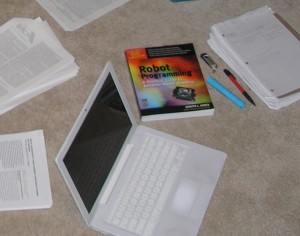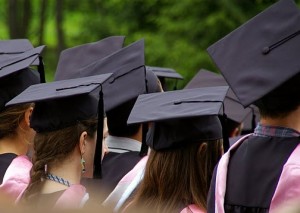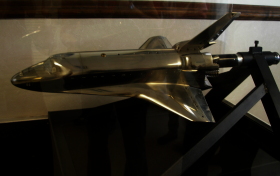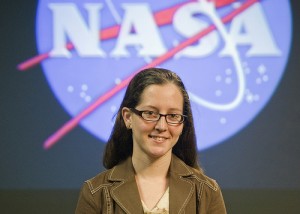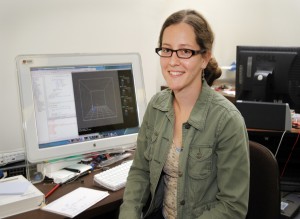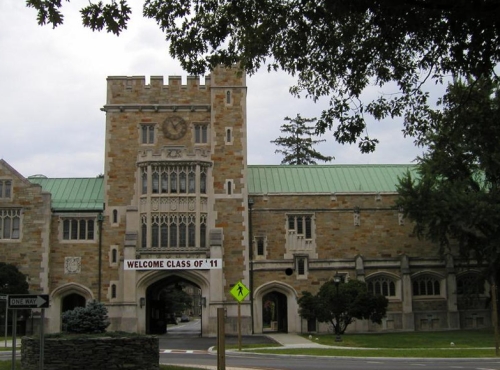
Gender, scientists, and reductionism: Why Vassar is special
This fall, for the first time in four years, I'm not returning to Vassar. What better time to muse on the college's specialness?
Over the summer, a couple divisions became more apparent to me than they had been previously:
-
Gender in technology fields - I worked in a lab at NASA Goddard of fifty-some interns/apprentices with a large number of mentors who dropped in on a regular basis. I was the only female on my project; I generally worked in a room with fifteen guys. Only one of the mentors I knew was female, and she was a professor from a collaborating university, not from NASA.
I should emphasize that the difference I'm focusing on here is not in treatment but in sheer numbers. Why is it that fewer women end up in technology fields? The fact that so many prominent organizations focus on promoting women in technology -- including WIT, the Women in Technology project, NCWIT, and of course the Grace Hopper Celebration, which I attended last year -- suggests there's a problem. It's at the point where it doesn't even feel weird to be the only female in the room. Is there something wrong with that?
-
Science vs engineering - I mentioned this recently. There is a clear division between those who have been trained as scientists and those trained as engineers. Yes, each have their own goals and purposes, but why isn't there more crossover?
-
Reductionism vs dualism - As elaborated in one of the first essays I wrote here, I'm not a dualist. A prominent place to find dualisms is in many of the world's fine religions. Some of the conversations I had with people this summer have accentuated just how different that point of view is from my own.
The fact that I noticed these differences now -- not during a previous summer or semester -- highlights just how special a place Vassar is, and how different being at an undergraduate liberal arts college is from being in the rest of the world.
My closest friends at Vassar were also non-dualists; Vassar's mix of genders is unique enough to begin with that the ratio in technology-related majors continues to be unique; Vassar lacks an engineering department and is generally full of scientists.
The rest of the world has different ratios of people and mixes of beliefs. I'm finding it fascinating to explore.





